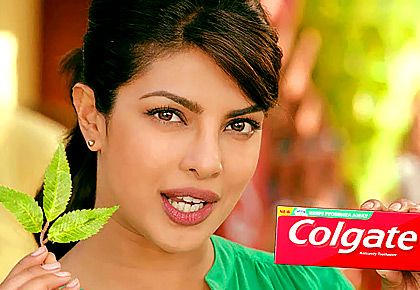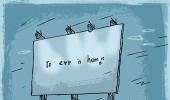How Bajaj, Colgate, Raymonds, Zee lost out..
Strategic errors have hurt many companies, says adguru Sandeep Goyal.
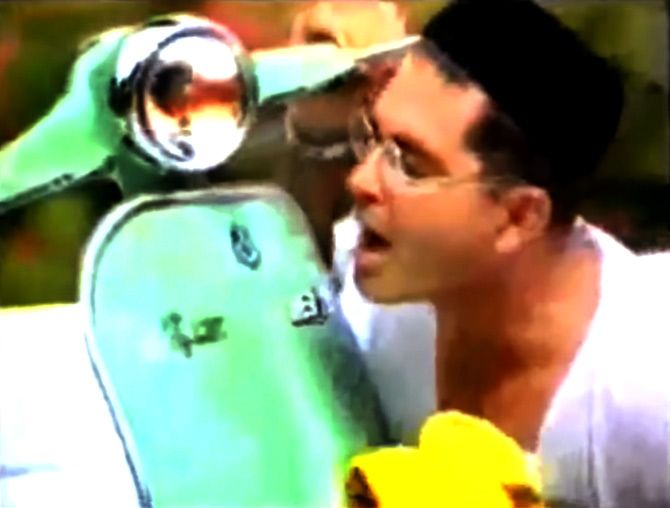
Hamara Bajaj is possibly one of India's most memorable advertising campaigns.
Unforgettable, more so since Bajaj scooters were ubiquitous, a part of every home, every family, when the campaign was first aired in 1989.
In 2006, Chetak, the flagship scooter from the Bajaj stable, was withdrawn from the market.
In 2010, the young scion of the Bajaj family, Rajiv Bajaj, decided to pull the brand entirely out of the scooter business, with the specific intent to focus on its motorcycles offering.
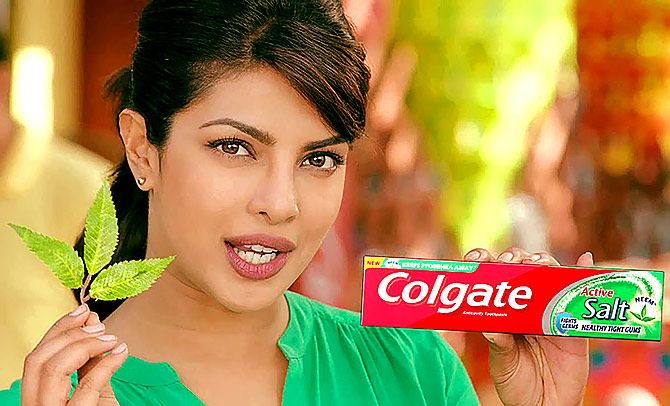
It was 2000 when Lara Dutta, Priyanka Chopra and Dia Mirza won the top three positions in the Miss India contest, paving the way for their respective Miss Universe, Miss World and Miss Asia Pacific crowns.
What very few people would remember today is that almost 20 years ago, the title sponsor of that eventful Miss India contest was a brand called Palmolive, from the House of Colgate.
Palmolive was then a significant player in the shampoo business.
But Colgate was at that time under extreme stress from Hindustan Lever's Pepsodent and Close-Up brands that were pummeling its mainstay, Colgate toothpaste, in India.
Jay Jayaraman, the chief executive officer of Colgate-Palmolive, took a momentous decision: To exit the shampoo business, so as to concentrate all company resources on the toothpaste line.
Palmolive exited the India market.
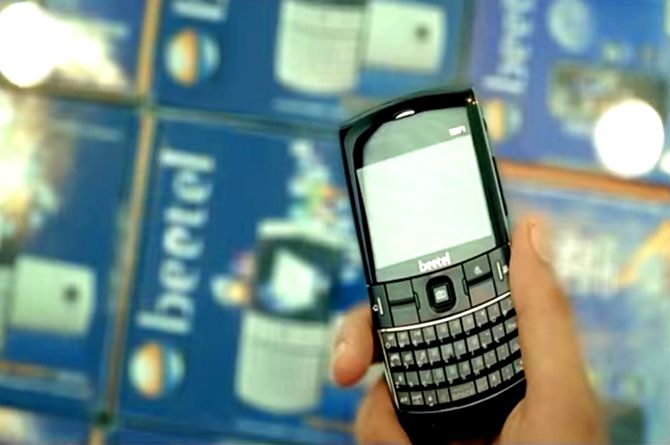
Much before Bharti Airtel was born, the Mittal brothers used to make POTS (plain old telephone sets) under the Beetel brand name in the late 1980s and early 1990s out of Ludhiana.
They were undisputed market leaders.
Then came Airtel, a mobile service, first launched in Delhi in 1995.
A service that belied all estimates and predictions, zooming to a subscriber base of nearly 180 million by 2010.
In 15 years since its launch, Airtel subscribers had bought at least 1 billion handsets.
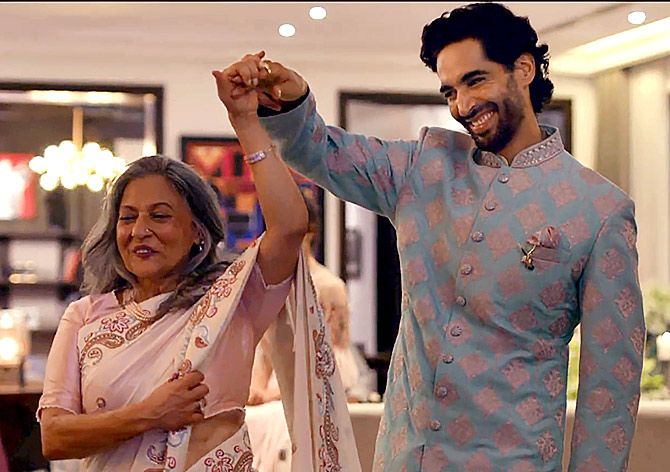
Raymond has been the preferred suitings and shirtings brand of The Complete Man for generations.
In 2025, Brand Raymond will complete a hundred years.
In the 1980s when the Indian male started to migrate from getting shirts and trousers stitched from tailors to ready-wear, Raymond decided to largely ignore the shift in consumer preference.
It did make a half-hearted attempt in 1986 by launching Park Avenue but did not want to 'risk' the Raymond brand.
Also, despite knowing that nearly 80 per cent of its volumes came from the wedding segment, Raymond never entered this 'ceremonial' business.
Essel group's Subhash Chandra sold 49.9 per cent of his stake in the nascent but rapidly growing satellite channel Zee TV to Rupert Murdoch in the mid-1990s.
The relationship was never easy.
In 1999, Chandra bought back the entire stake from Murdoch for $1 billion, an astronomical sum 20 years ago.
More importantly, the stake sale freed up Star TV from an important binding clause in the aborted joint-venture: That Star TV could not do programming in Hindi.
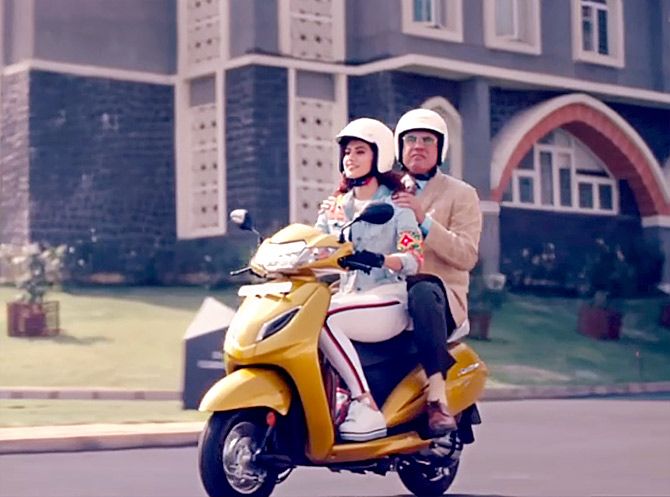
The scooter space exited by Bajaj was quickly occupied by the Honda Activa which has become the No. 1 scooter in the country.
Hero (35.9 per cent), Honda (26.1 per cent), TVS (14.8 per cent) today are far ahead of Bajaj (12 per cent) in the two-wheeler business.
Even in motorcycles Bajaj is a distant second.
P&G almost filled in for Palmolive with its Pantene and Head & Shoulders shampoos launched in 1995 and 1997, respectively.
Colgate just missed the bus completely in the hair-care segment which has grown exponentially in the past two decades.
Micromax, Karbonn, Lava, Intex and the likes entered the handset space.
For some years they all had a good run till the Chinese brands came and wiped them all out.
Reliance Jio learned quickly from the Airtel error, however, and made LYF and JioPhone an integral part of its offering from day one.
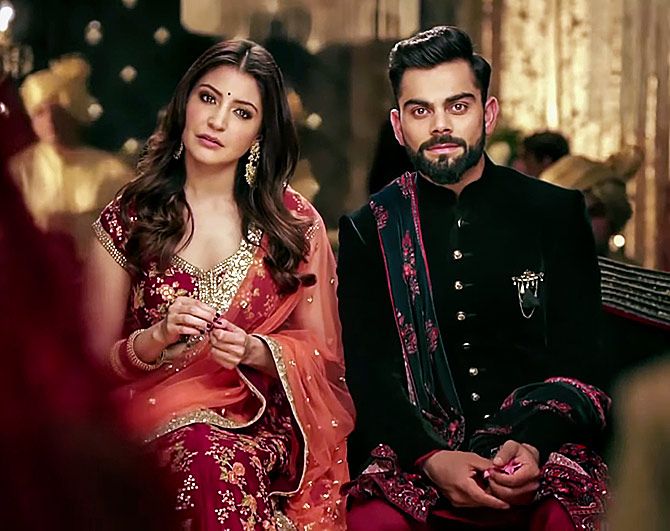
Raymond did eventually launch Raymond ready-wear around 2008-09.
But by then others like Louis Philippe, Van Heusen, Arrow, Allen Solly and Peter England had already stolen a march.
Gautam Singhania tried to make up for lost time by buying Color Plus in 2002, and by launching brands like Parx and Manzoni.
But the race had already been lost.
In wedding wear too, brands like Manyavar trumped Raymond who has only recently started to market Ceremonials.
Star TV crushed Zee once it was allowed to be in the Hindi GEC space.
Kaun Banega Crorepati and the Ekta Kapoor serials Kyunki and Kahaani just demolished Subhas Chandra's channel, never to recover to No. 1.
Strategic errors -- acts of omission and commission -- have hurt many companies.
Most have thankfully survived the disastrous decisions but sans those wrongs, each of them could have gone much much further, and farther.
